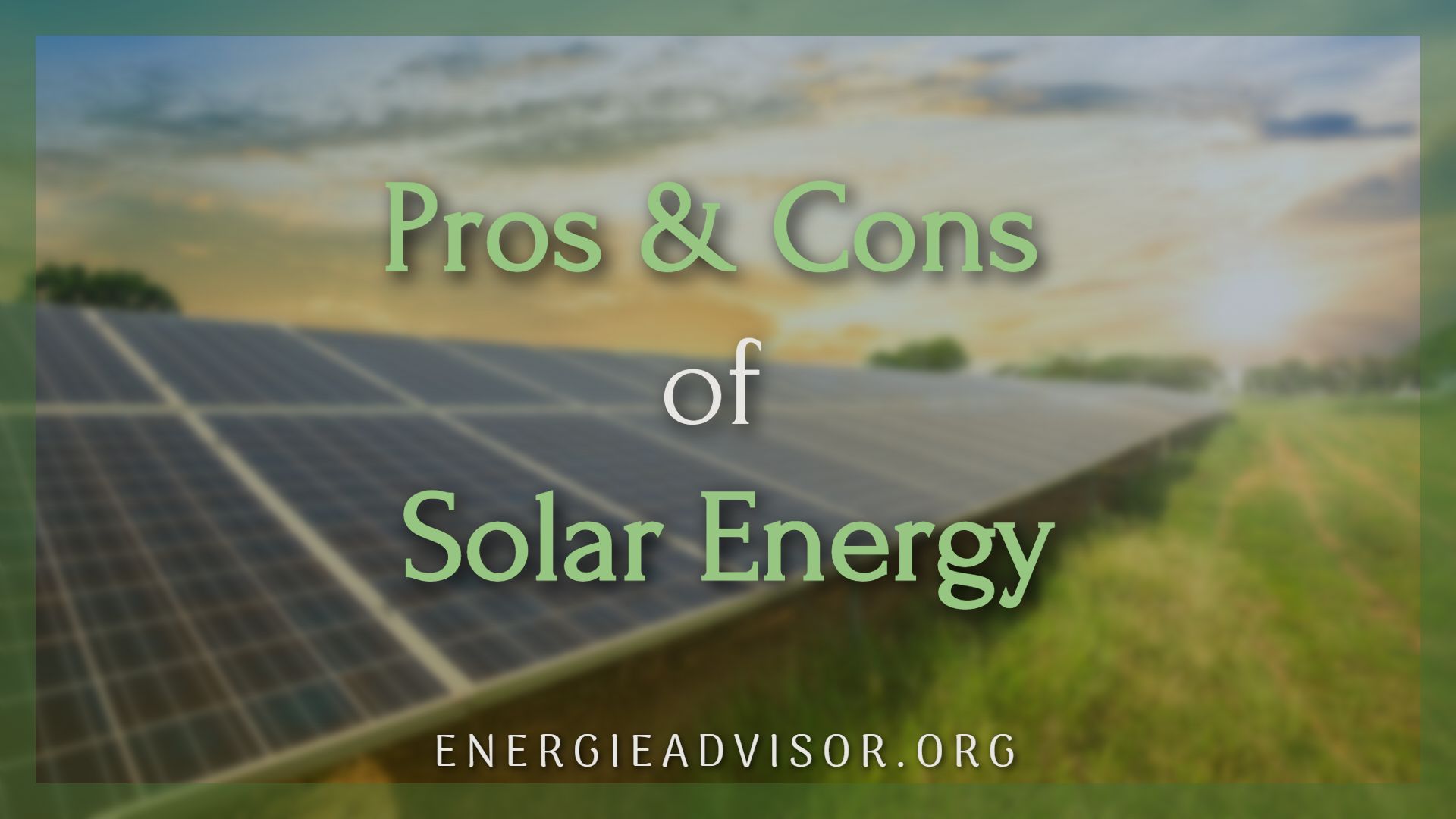Around the world, renewable energy is on the rise, and these alternative energy sources could hold the key to combating climate change. Solar power is the collection of solar radiation to produce electricity, and it is quickly becoming a conventional household technology upgrade and a viable and cost-effective power source for hundreds of thousands of homeowners.
As with any new technology, there will always be advantages and disadvantages involved. However, solar power has rapidly advanced over the past few years as a viable and attainable energy source for homeowners across the US and the world.
The benefits of solar energy have so far outweighed the drawbacks, and we can expect this shift to accelerate as solar power becomes more and more popular. If you’re interested in installing solar panels, or if you’re just looking to learn more about solar, it is essential to look at the pros and cons associated with this blossoming technology.
While there are significant advantages to solar power, there are also a few drawbacks that consumers should understand. We’ll deal with both in this article, but we’ll start with the positives.
Pros
1. Savings
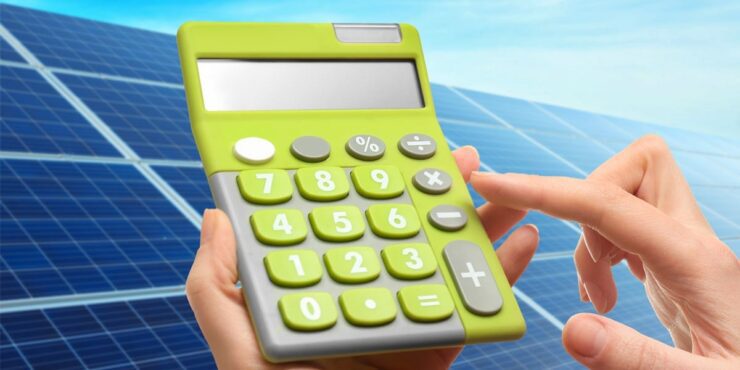
The main goal of solar power is to eliminate or offset the majority of your electricity bill. Switching to solar puts money back in your pocket. Homeowners with solar power have significant financial savings over their previous utility bills.
According to the Solar Energy Industries Association, the cost to install solar has decreased by over 70 percent in the last ten years. That means an average home system today costs way less than before, and that’s not counting the incentives, such as the solar investment tax credit.
Solar panel installations are sized to offset all or a considerable portion of your home’s energy needs. This gives you independence from increases and uncertainty in future energy prices.
On top of all this, it should be noted that the US solar industry is a seventeen billion dollar industry that employs 250,000 people, which is more than double when compared to just six years ago. This means that solar power not only provides individual savings but promotes and boosts our economy in general.
2. Power Credit
Some months your panels may produce more power than you need. Being connected to the utility power grid allows you to get credit for the power you don’t use. When this happens, your utility company will credit you for the additional energy your home has generated.
If you have extra credits left over at the end of the year, you can choose to have your utility company send you a check for the excess power you’ve produced.
3. Many Financing Options
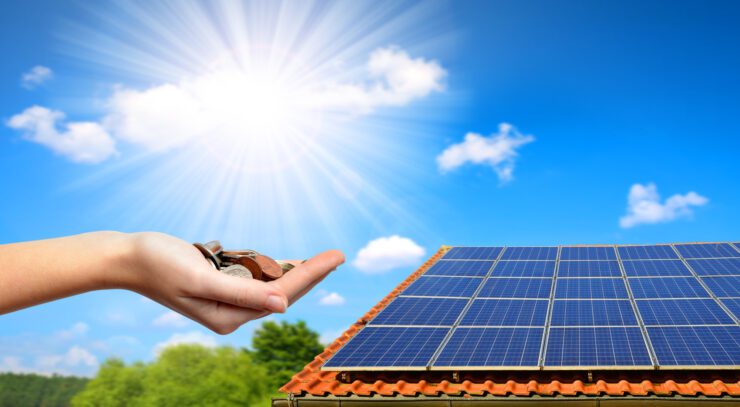
Over the past few years, the solar market has drastically expanded, creating a demand for solar providers and installers and increased financing options for homeowners. Whether you don’t want to pay any upfront costs, or you want to purchase the panels outright, there’s a match for every budget.
As solar power has become more mainstream, there have been significant advances in the types of financing options available. This has helped open up the solar market to virtually all homeowners, including opportunities with zero money down for some types of installations.
Also, there are significant federal, state, and local incentives and rebates to decrease the price of installation further. Making the switch to solar power has been made much more accessible in recent years thanks to these rebates and incentives.
Applicable incentives vary by region, but they play an essential role in helping homeowners save thousands of dollars on power.
4. The Sun Shines Everywhere
Solar power is an abundant and valuable resource that can be harnessed virtually anywhere. Energy from the sun is available everywhere in the world. The sun shines every day, and homes in all climates can benefit from solar installations.
Since the sun shines all across the globe, every country has the potential to produce energy from it, allowing for greater energy independence and security.
A common misconception is that you must live in a very sunny area for solar power to be effective. However, cloudy regions, particularly those with high energy bills, can realize significant energy savings with solar panels.
Energy from the sun is so abundant that enough sunlight hits the earth in one hour to meet the world’s yearly energy supply, and new technologies are being developed by researchers across the globe that capture that energy. Catching even a small fraction of this energy provides a significant amount of power.
5. Clean Energy Source

Producing energy for your home with power from the sun is a clean, sustainable source of electricity. There’s no air or water pollution associated with the production of energy from solar panels.
Moreover, at the current level of solar-energy generation, there are seventy-four million metric tons of CO2 being eliminated. That’s equivalent to planting about two billion trees or taking sixteen million vehicles off the road.
We can feel comforted by the fact that switching to solar is beneficial for the environment and will help us preserve our resources for generations to come. Solar power is renewable and produces no pollution during its operation.
While all of this is true, it should be noted that the production of solar panels themselves produces large amounts of greenhouse gases. Nitrogen-trifluoride and sulfur-hexafluoride have been liked to the creation of solar panels.
Many solar energy technologies are based on the same materials as other electronics, and they may contain some hazardous substances, such as lead and cadmium, that are a challenge to dispose of.
6. It’s Free
Solar power is free, and it cannot be controlled by any company. This may be one of the most significant benefits because once you have solar panels, there’s nothing to stop you from harnessing the Sun’s abundant energy.
As an infinite resource, you will never have to worry about a dwindling supply or shortages, and the ability to produce your own power will grant you independence from the uncertainty of oil and gas prices. The sun will be here for millions of years to help you realize significant energy savings.
7. Reliability
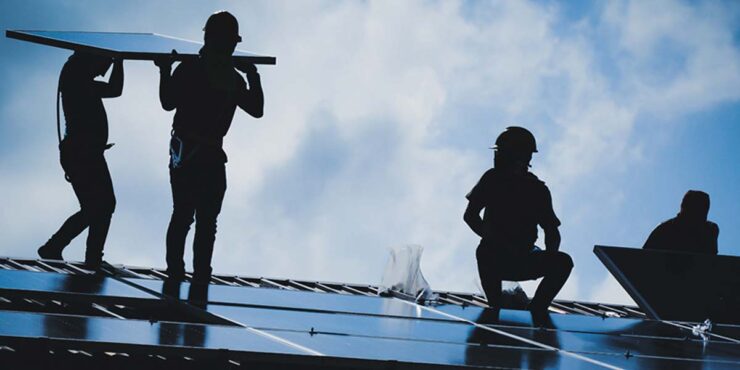
The sun is also an extremely reliable energy source. It will rise every day. Sure, some days are cloudier than others, but with the enormous advances in solar power technology, our panels today can still produce significant electricity under cloudy skies, and once those clouds clear, we can rest assured that the sun will always be there.
8. High-Quality Installation
Over the past few years, the installation of residential solar panels has been tweaked and perfected into a science. In the past, solar panel installations could take up to a couple of weeks; however, new tools and processes have cut the installation time down to just a couple of hours.
Imagine being able to produce your own electricity by lunchtime! Decreased installation time means you also save on parts and labor costs.
9. Durability

Stationary residential solar panels don’t have any moving parts, making them very low-maintenance, as well as built to last for decades. They are engineered to withstand hurricane-strength winds, hail, and snowstorms, giving you one less thing to worry about.
Panel maintenance is virtually nonexistent as well. You don’t need to worry about cleaning your panels or scraping off the snow. The panels are installed at an angle to allow any buildup to slide off, giving you more time to spend on more important things.
10. Solar Panel Placement
Solar panels generate power silently and can be located almost anywhere, including most pre-existing structures. They can also come in a variety of different shapes and sizes.
Most homeowners today that have solar panels have a rooftop installation. This placement is not only convenient for hooking panels up to your home’s electrical wires, but it also saves you precious yard space. Solar panels protect your roof from weathering and can help keep your home cool as a result of the shade provided by the panels.
11. Decreased Dependence on Fossil Fuels
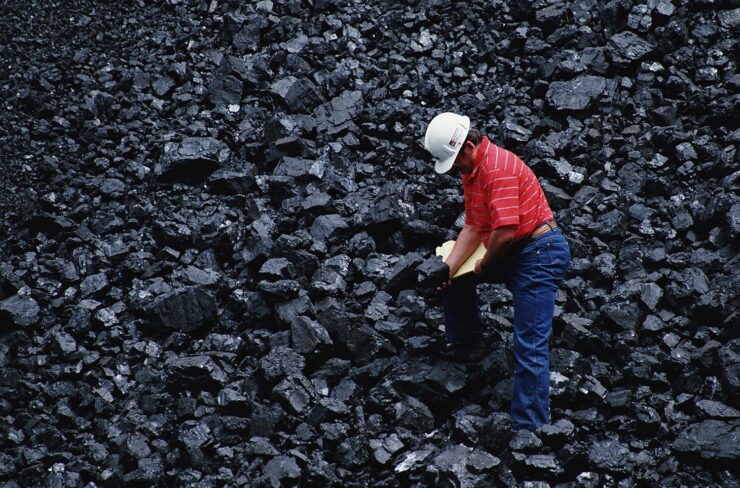
Harnessing the Sun’s energy to power our homes and businesses will drastically reduce our demand for finite fossil-fuel resources. This is excellent news for our wallets, our communities, and our environment.
By taking advantage of this clean, renewable resource, we can separate ourselves from some of the costs and uncertainty of today’s fossil fuel markets. There’s no possibility that solar energy will run out, unlike fossil fuel.
Cons
1. Panels Only Work During the Day
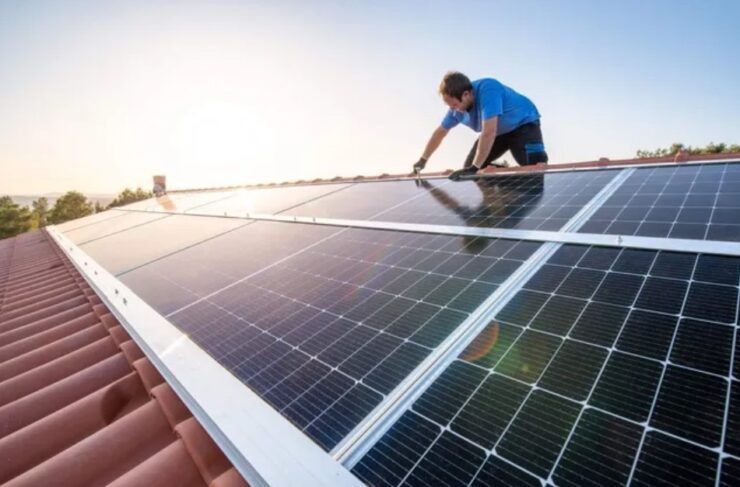
Solar power is not a constant source of energy, as it varies by time of day, weather, and season. Since solar panels need sunlight to produce electricity, they only work during the day, and unless you’re in the North Pole in the summer, the sun doesn’t shine 24/7. At night or on cloudy days, alternate power sources or storage batteries are required.
You may be wondering how you’re going to get your electricity after the sun goes down. Well, the vast majority of homes with solar power are still connected to their utility’s electric grid. This allows homeowners to access the electricity they need any time of day or night.
Unfortunately, being connected to the grid also means that when the utility’s power goes out, your power goes out too. Thankfully, this is a rare occurrence for most homeowners.
2. Excess Energy
Energy storage is also vital for solar energy, and unfortunately, it is both expensive and technologically challenging. Solar-powered homes that are connected to the grid do not store any excess power their panels produce.
While there are batteries you can purchase to store the energy from your panels, it is much more cost-effective to connect your panels to the utility grid and receive credit for the excess energy you produce.
3. Cost

Although most people today choose to lease their panels, some decide to purchase them outright. Solar panels have a high initial construction and installation cost. Large-scale solar generation installations can also take up significant areas of land, and they can degrade natural habitats.
Some people even fight the installation of solar panels in their neighborhoods. If this is the case in your area, you may need to convince your neighbors that installing solar panels on your roof is a good idea.
If you were planning on purchasing solar panels outright, you would likely be facing a high upfront cost. However, in today’s solar market, with a variety of financing methods available, you can weigh your options before jumping in and purchasing a system.
While purchasing panels were the most popular way to get solar in the past, this is no longer the case. Leases, loans, and Power Purchase Agreements give homeowners the ability to choose the best option for their budget.
On top of all this, solar energy installations can be damaged by natural disasters, such as earthquakes, floods, and storms, leaving the regions they serve without power.
Conclusion
When it comes to making the switch to solar power, it’s essential to understand the advantages and disadvantages of solar energy. While there are a few disadvantages when it comes to installing solar energy, the benefits here significantly outweigh the drawbacks, and as solar technology continues to develop and expand, we can only expect to see more advantages coming from solar power.
The good news is that many of the cons are being addressed by researchers, and progress is being made. That said, it’s crucial for every homeowner to feel comfortable with their decision to go solar and weigh the solar power pros and cons according to their situation.

